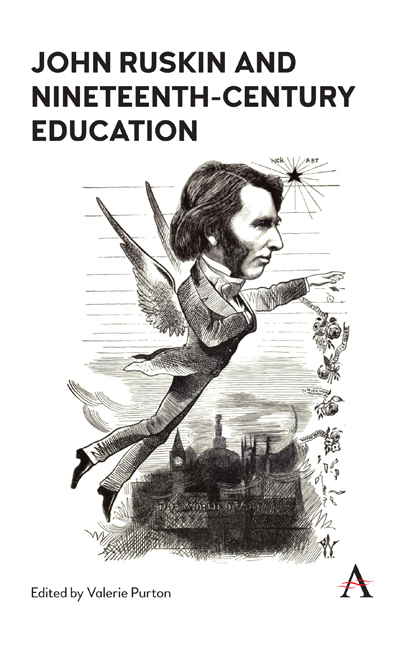Book contents
Chapter 10 - ‘Catastrophe Will Come’: Ruskin, Nation and Apocalypse
from Section C - Christianity and Apocalypse
Published online by Cambridge University Press: 25 July 2018
Summary
The future does not look very promising. A ‘new catastrophism’, in the words of sociologist John Urry, has come to define a widespread melancholy mood that pervades early twenty- first- century culture. We live in an era of apparently continual disaster and one in which political and religious institutions are frequently regarded with either cynicism or outright hostility. It is difficult to imagine that the decades to come will be peaceful or enlightened. Indeed, narratives defined by an optimistic outlook, in which progress prospers and justice is happily achieved, are vanishingly rare. Contemporary fiction is haunted by survivors roaming thinly populated, denatured future landscapes, such as those explored in Margaret Atwood's MaddAddam trilogy (2003– 13) and Cormac McCarthy's The Road (2006). There is plenty of evidence that human beings are not only defined by a species’ specific gift for narrative but also by a predilection for telling chilling stories that describe our collective, imminent downfall. Pandemic, flood, chemical warfare or sun- scorched earth: these are the ways the world ends, again and again, in fiction and film. Visions of technology- dominated dystopias, such as those in popular sequences aimed at young adult readers, The Hunger Games (2008– 10) and Divergent (2011– 13), in which shadowy bureaucracies limit every freedom, embody one form of ‘ruined’ future. The other extreme is imagined in what Chad Harbach calls ‘post- catastrophe’ fictions – characterized by scarcity, disease and a collapse of the social contract – which take place in ‘an altered world whose chief characteristic is a bewildering lack of technology’. Both dystopian and ‘post- catastrophic’ traditions are prevalent and, strangely, they remain highly marketable.
How would John Ruskin, a thinker and teacher whose work frequently turned to narratives of fall and ruin, respond to such dreams of future ruin? Ruskin – champion of Turner and the Pre- Raphaelites, passionate opponent of laissez- faire capitalism and, in his later years, eco- critic avant la lettre – offered a far- sighted engagement with landscape and culture, considering the legacies of current action for future generations. As a teacher who took on different public, official identities – for example, Slade Professor of Fine Art at Oxford and Master of the Guild of St George – Ruskin addressed his students and communities with urgency regarding the consequences of past error and present ethical failings.
- Type
- Chapter
- Information
- John Ruskin and Nineteenth-Century Education , pp. 169 - 184Publisher: Anthem PressPrint publication year: 2018

